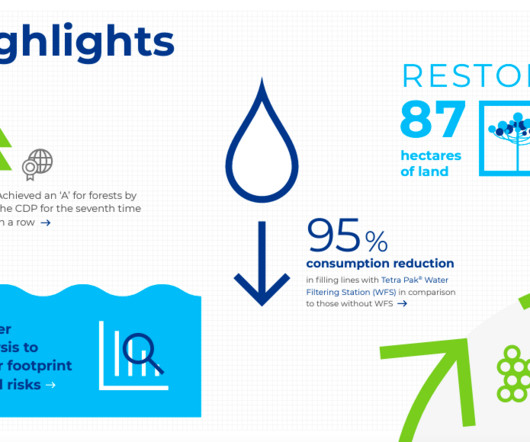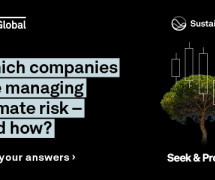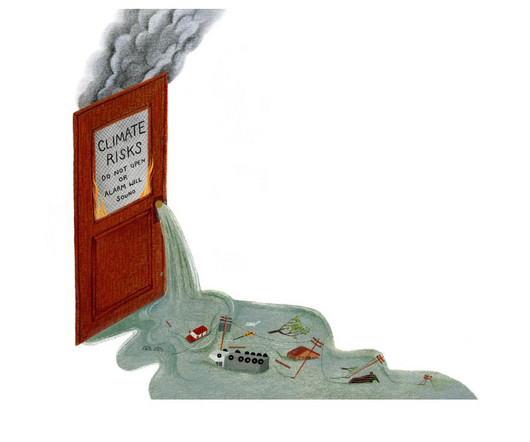Barclays Ends Direct Financing for New Oil and Gas Projects
ESG Today
FEBRUARY 9, 2024
UK-based bank Barclays will no longer directly finance new oil and gas projects, and will require its energy sector clients to produce transition plans or decarbonization strategies by the beginning of next year, according to a new “Climate Change Statement” released by the bank.



















Let's personalize your content